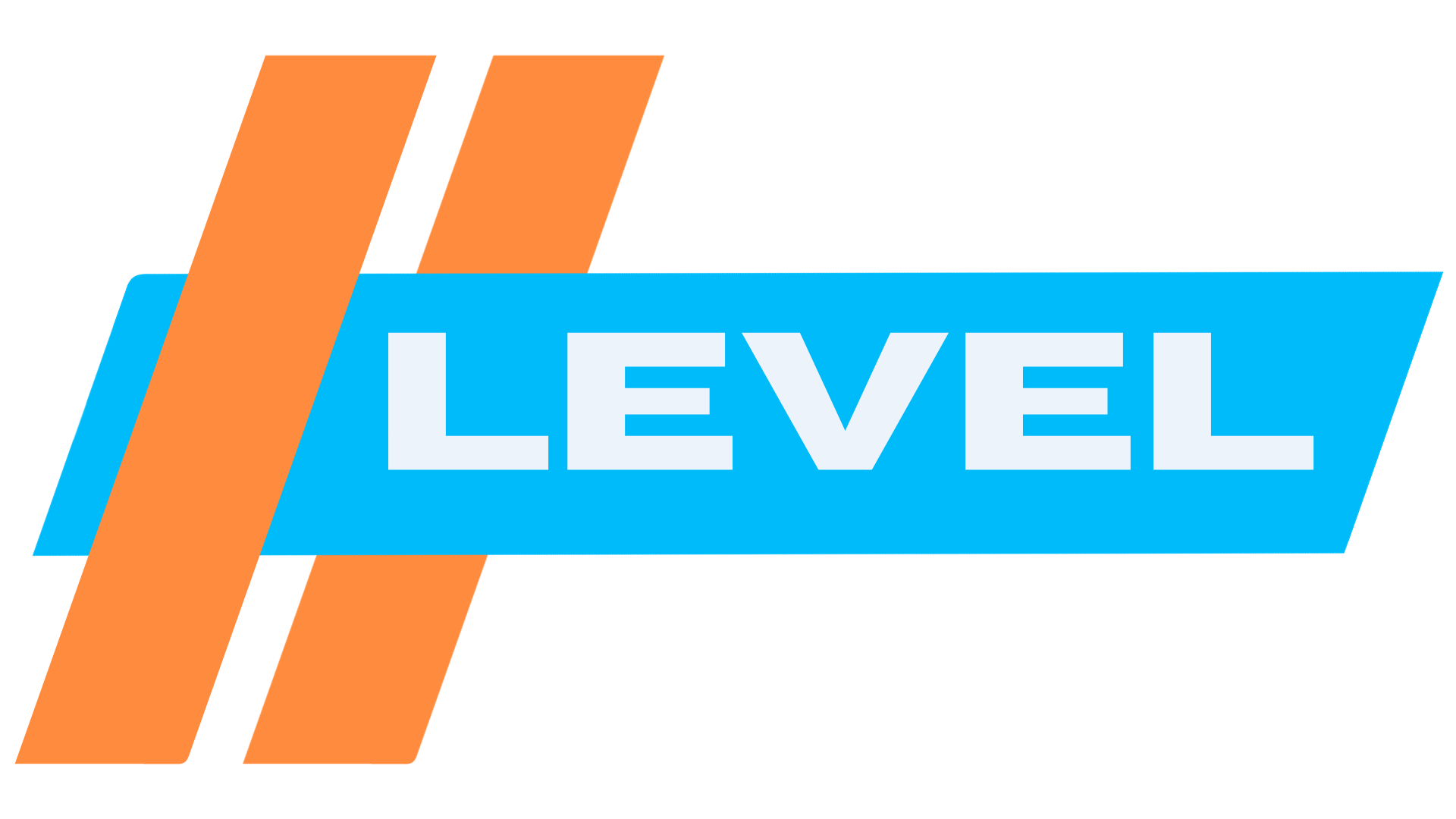I love free stuff. I especially love free stuff that has a high utility value for me. Is this partially due to the fact that I entered the working world on the heels of the housing crisis in '08? perhaps. Finding a really useful tool (usually software) feels to me like finding buried treasure.
Over the years, there have been a handful of free or "freemium" (minimal payments) software tools I have found the team at Level On Demand view as "must-haves" in the work we do. I thought I'd pull back the curtain a bit and share a few of them with you today.
Want more stories like this delivered straight to your inbox? 📥SUBSCRIBE
Many of these tools have allowed Level On Demand to expand rapidly at almost zero additional cost. We do most of our work out of a Google workspace, so a few of these are specifically google or chrome add-ons. These are in rough order from easy to hard to use:
Coda - Like microsoft/google docs, but with extra features
How do we use it?
The majority of our orders are for either 1) contract reviews, or 2) property analysis. But a lot of requests are for things that don't have any sort of "template" or document layout to work with. Last month, an industrial building owner asked for a comparison report of potential lease terms for the renewal of one of their larger tenants. How are we supposed to say, "yes, we can do that in under 48 hours"?
Enter Coda. We can easily use it to spin up and test out new report-style documents that include everything from images and videos to diagrams and spreadsheet tables.
Dochub - A google drive integrated alternative to Docusign
How do we use it?
This is the one we can't live without! We use Dochub (the paid version which is only $5/mo/user) on all our contract reviews. Since most contracts come in PDF format, we use it to mark up and highlight areas during the review process.
Miro - A brainstorming and visual mapping tool
How do we use it?
I've found that for complex structures, I almost always have to draw a picture so my brain can understand it. When I first brought on new talent at Level, I had to write out the processes and procedures for a lot of technical work. Using Miro to visually map out the workflow and add all the how-to information in one centralized place has made onboarding new people much easier.
Web Scraper - A powerful chrome extension to pull data off websites
How do we use it?
The web scraper extension allows us to rapidly grab large amounts of publicly available, but very hard to compile, information from websites about things like home renovation cost stats and apartment rental data. The alternative would be hiring a part-time web developer.
OpenBB - An open-source alternative to the Bloomberg Terminal 📊
How do we use it?
We haven't completely utilized all the features this powerful command-line platform has to offer yet, since we've only been using it for a few months, admittedly. But the ability to run some "big brain" intelligence on macro-economic trends and debt ratios and REIT performance has really boosted the clarity we've been able to provide in our financial analyses.
In all these tools, I feel like I've found a way to delay or do away with having to add to the overhead of the business. Maybe one or two of these could be valuable to you, too. Which one you are interested in? Reply and I'll be happy to share more about how I use it!
p.s. 🔔 - I'm working on a follow-on to this topic related to how I'm trying to move away from "hosted" services online (like through google/amazon/wordpress/etc) and move towards self-hosted options. If you have any thoughts/ideas around this, I'd love to hear them!

